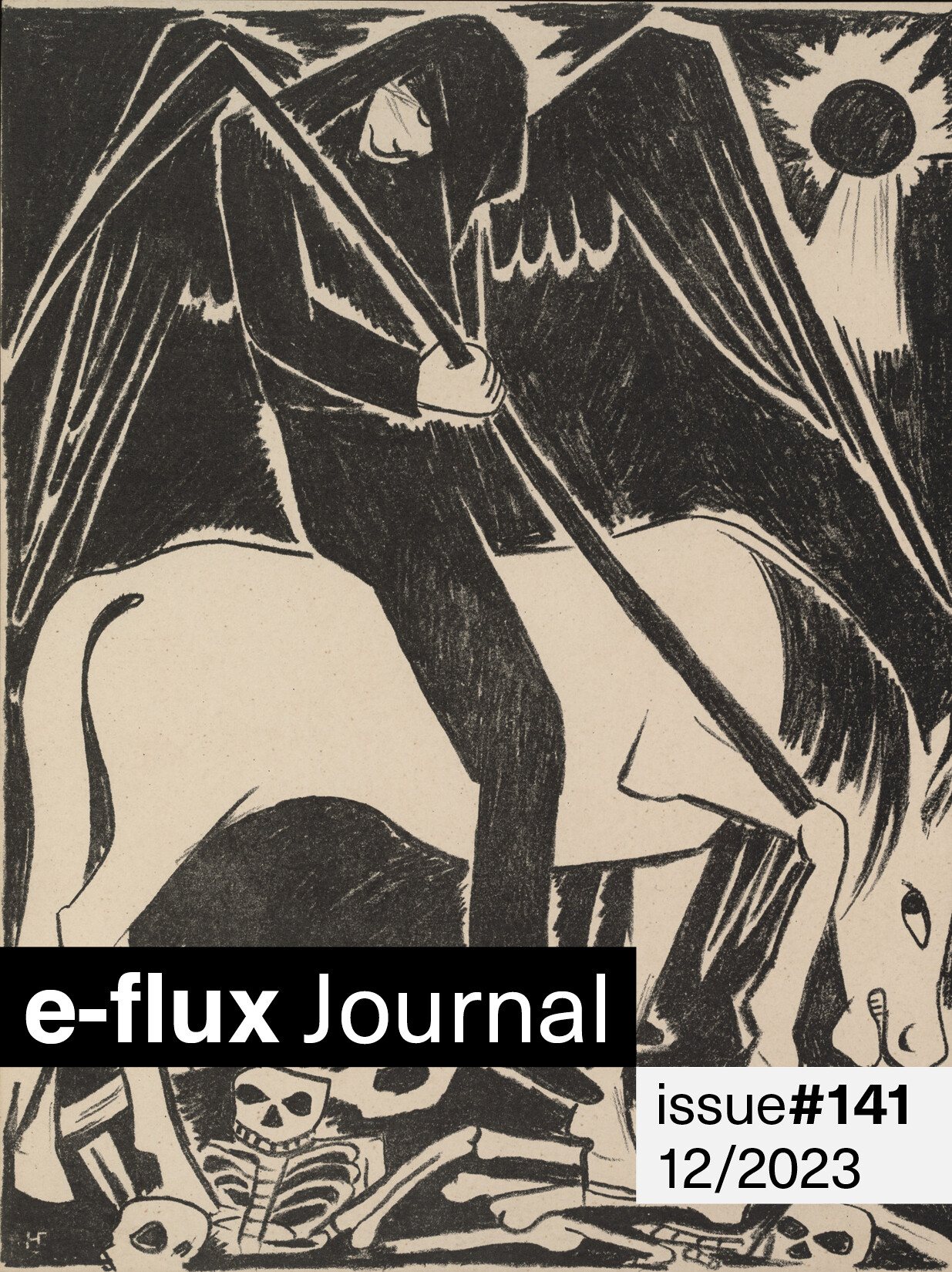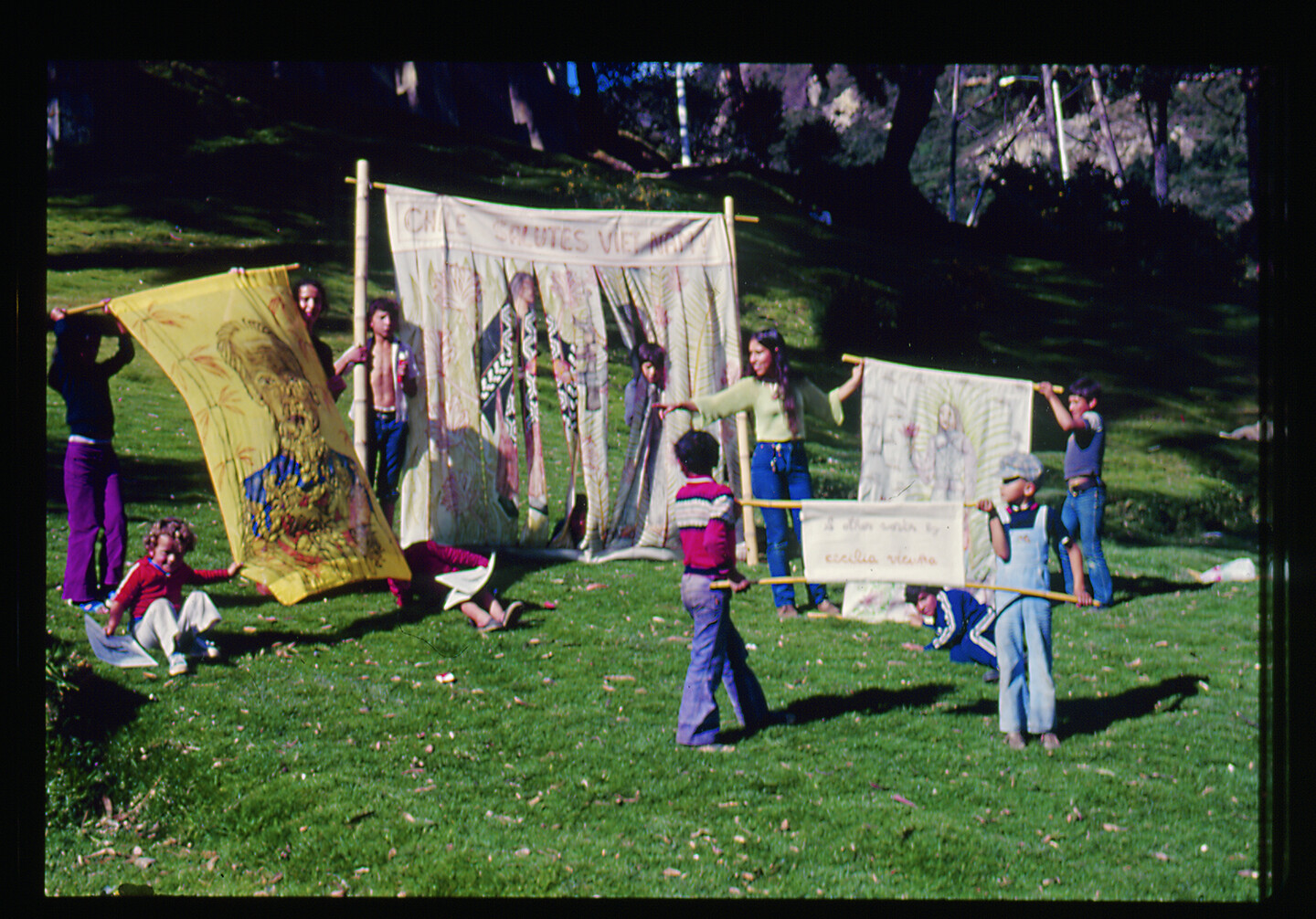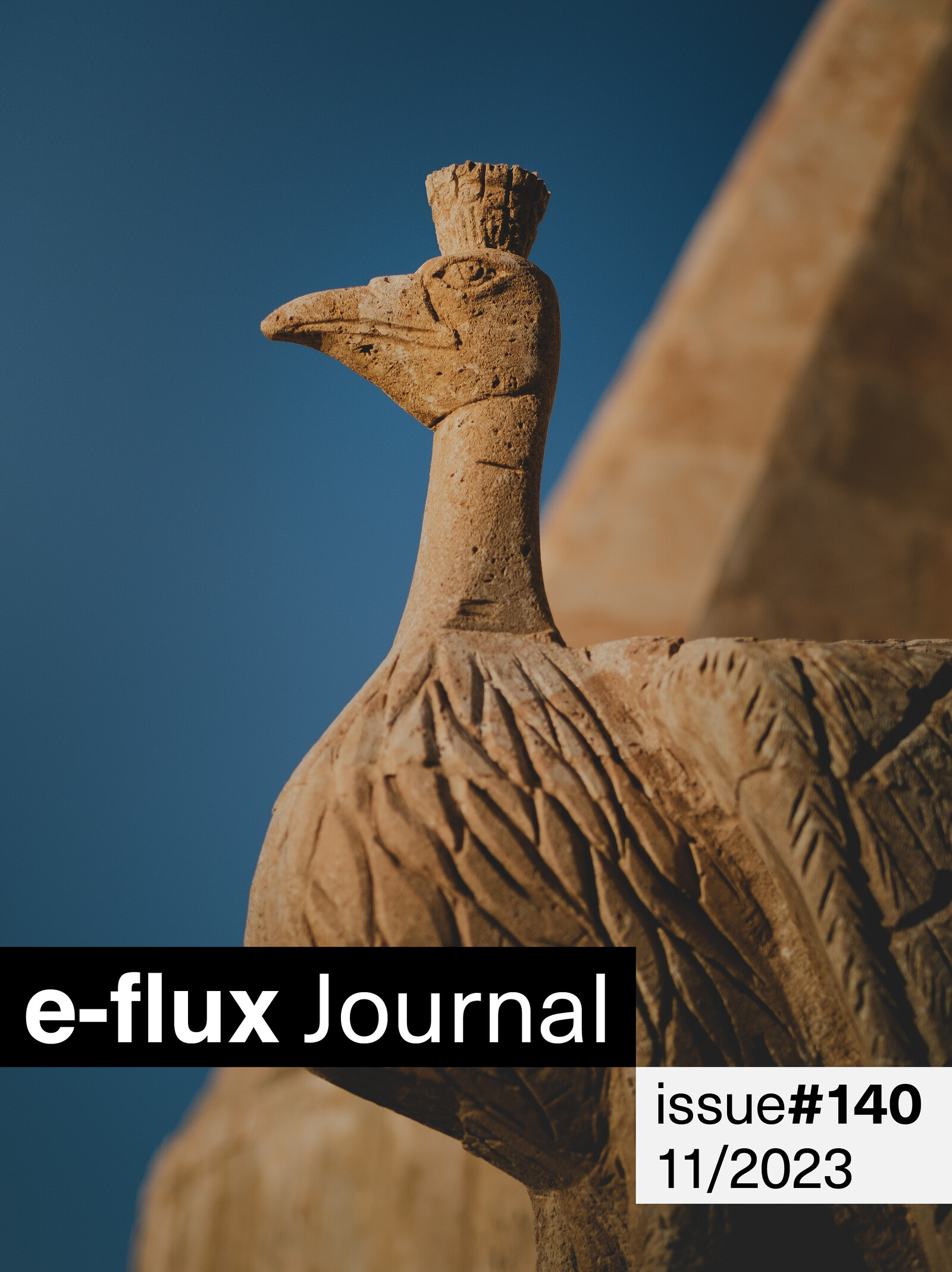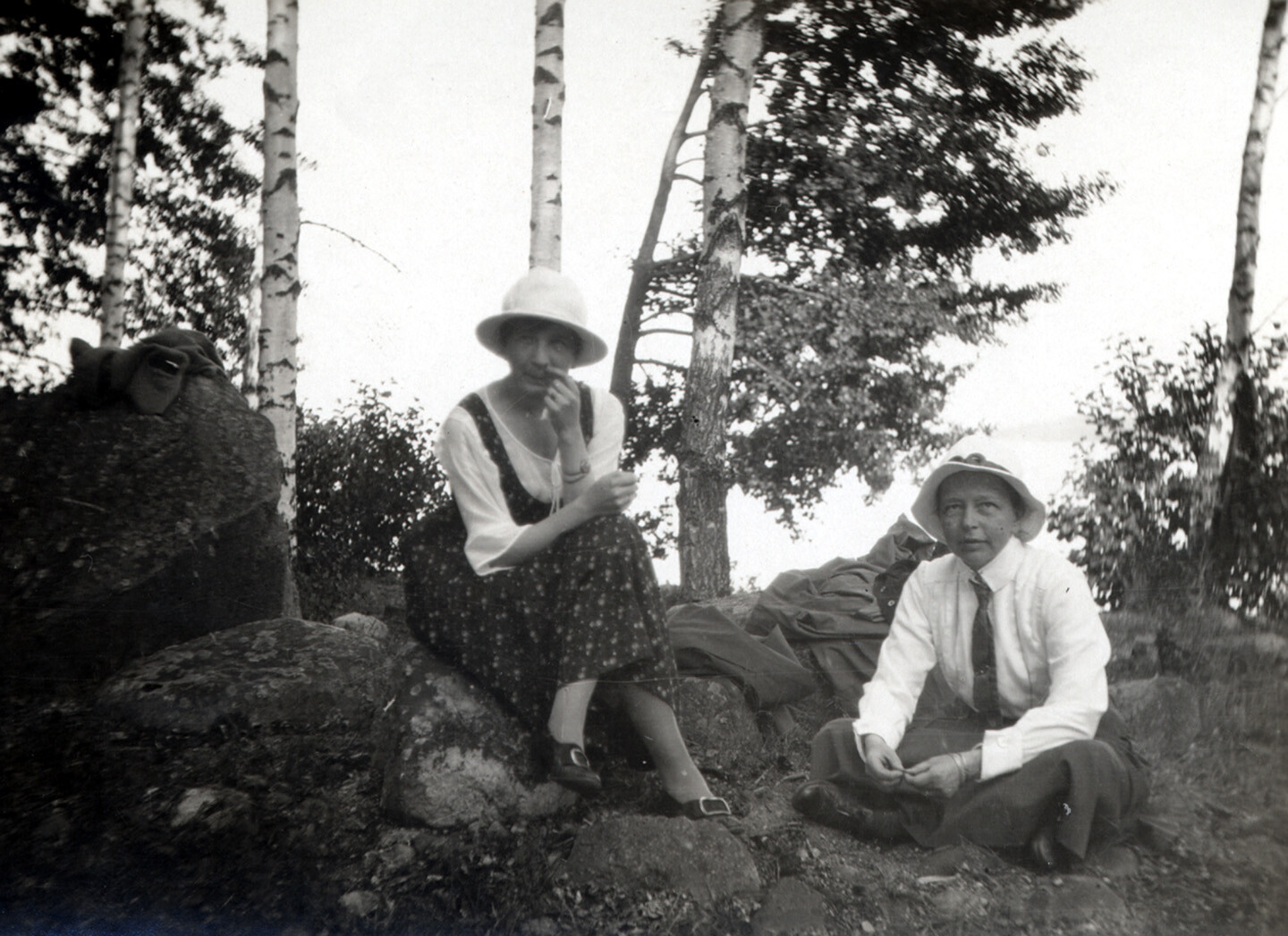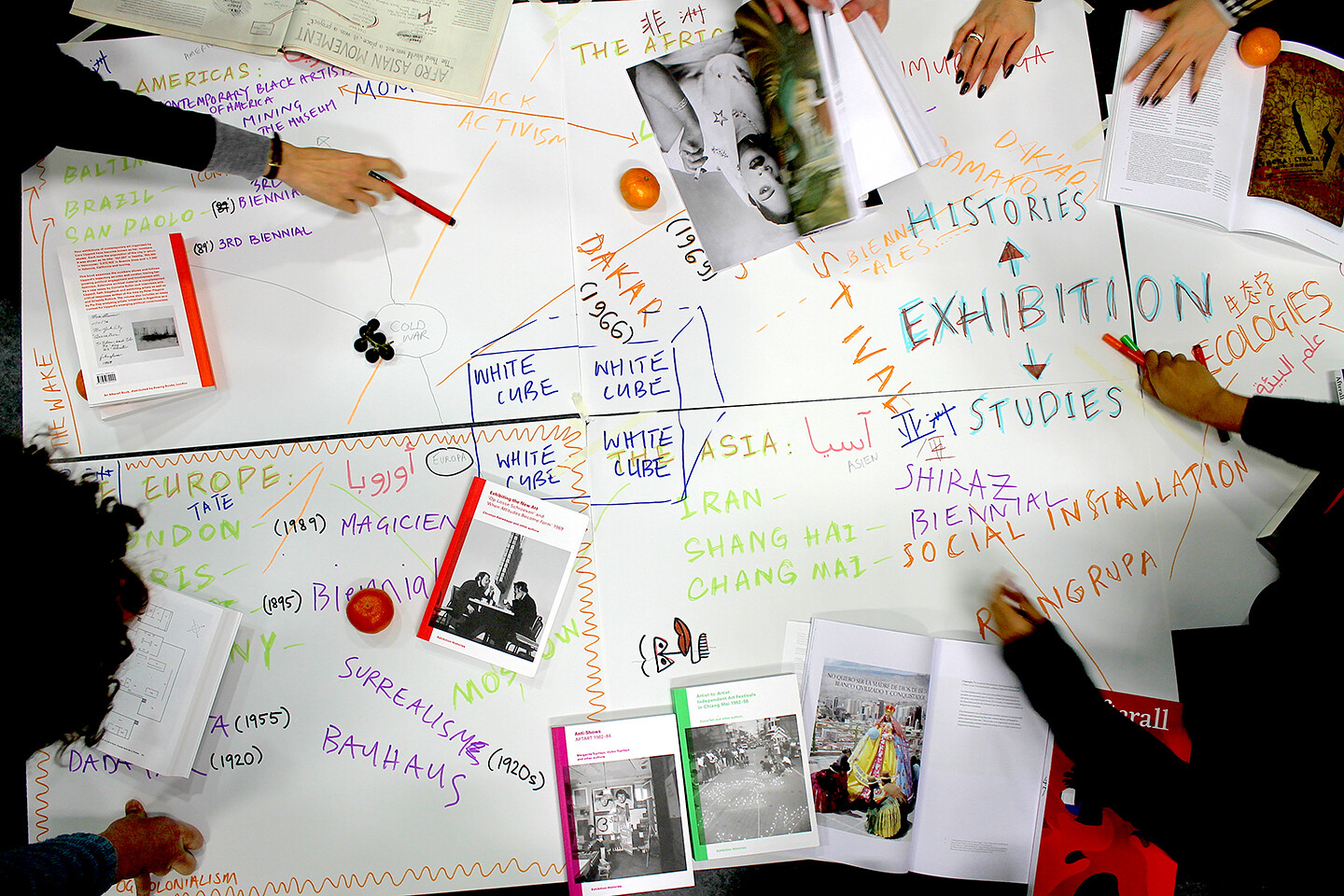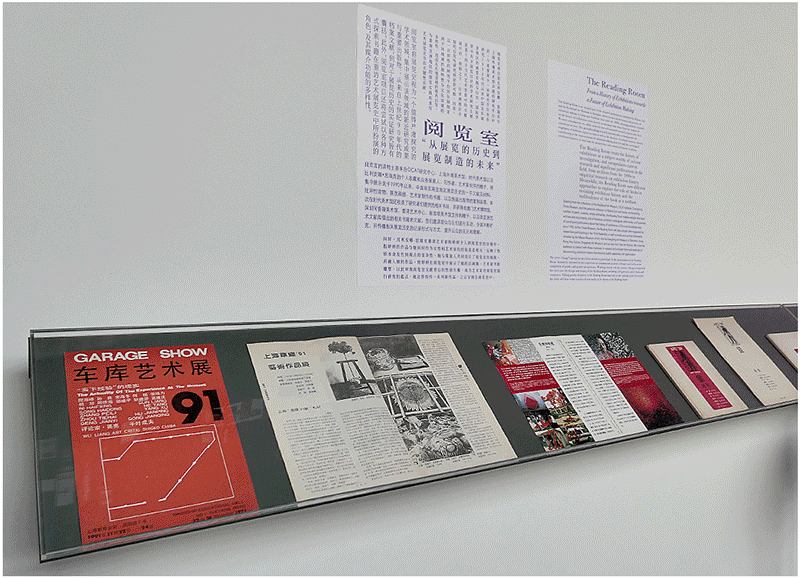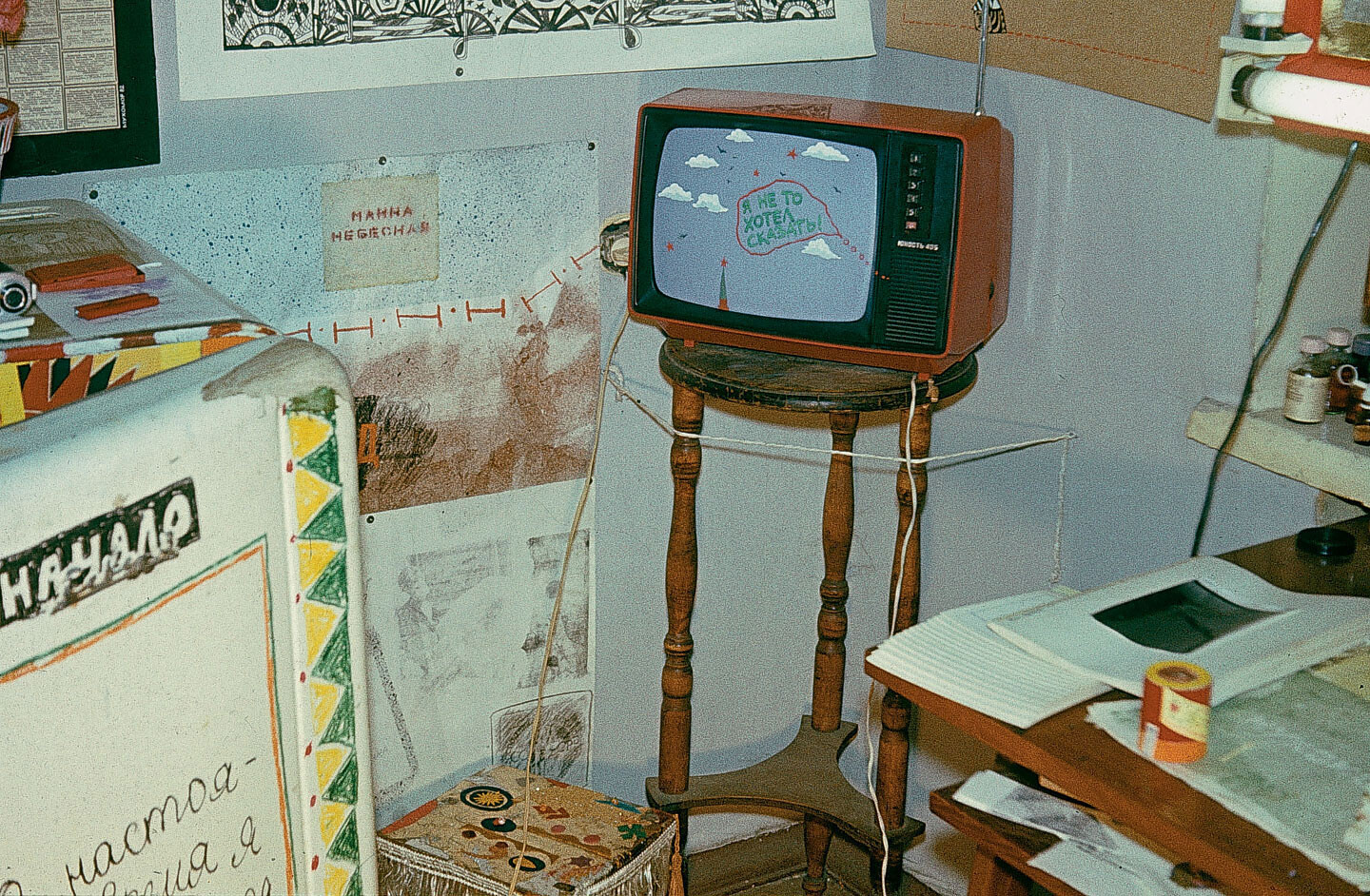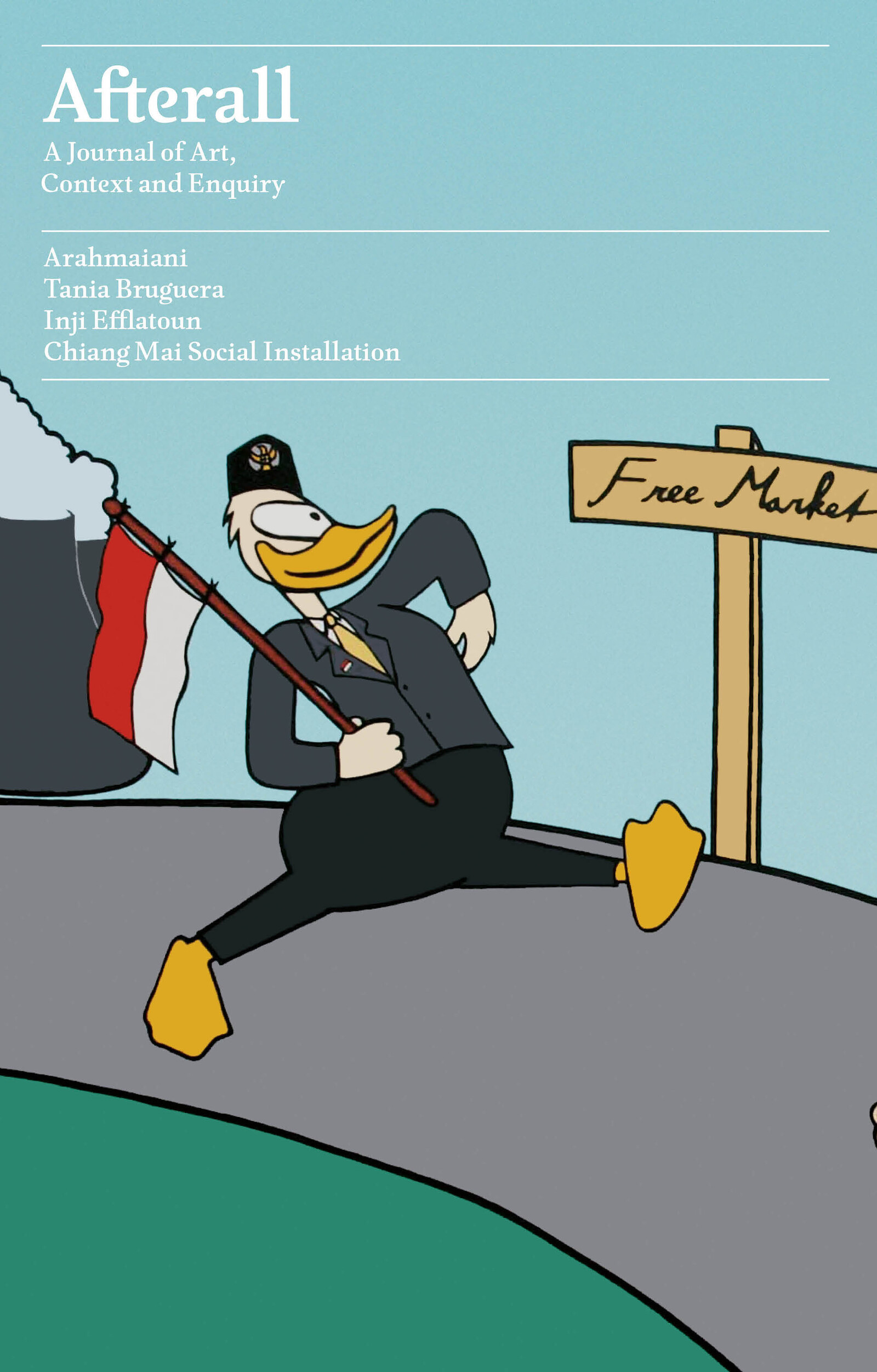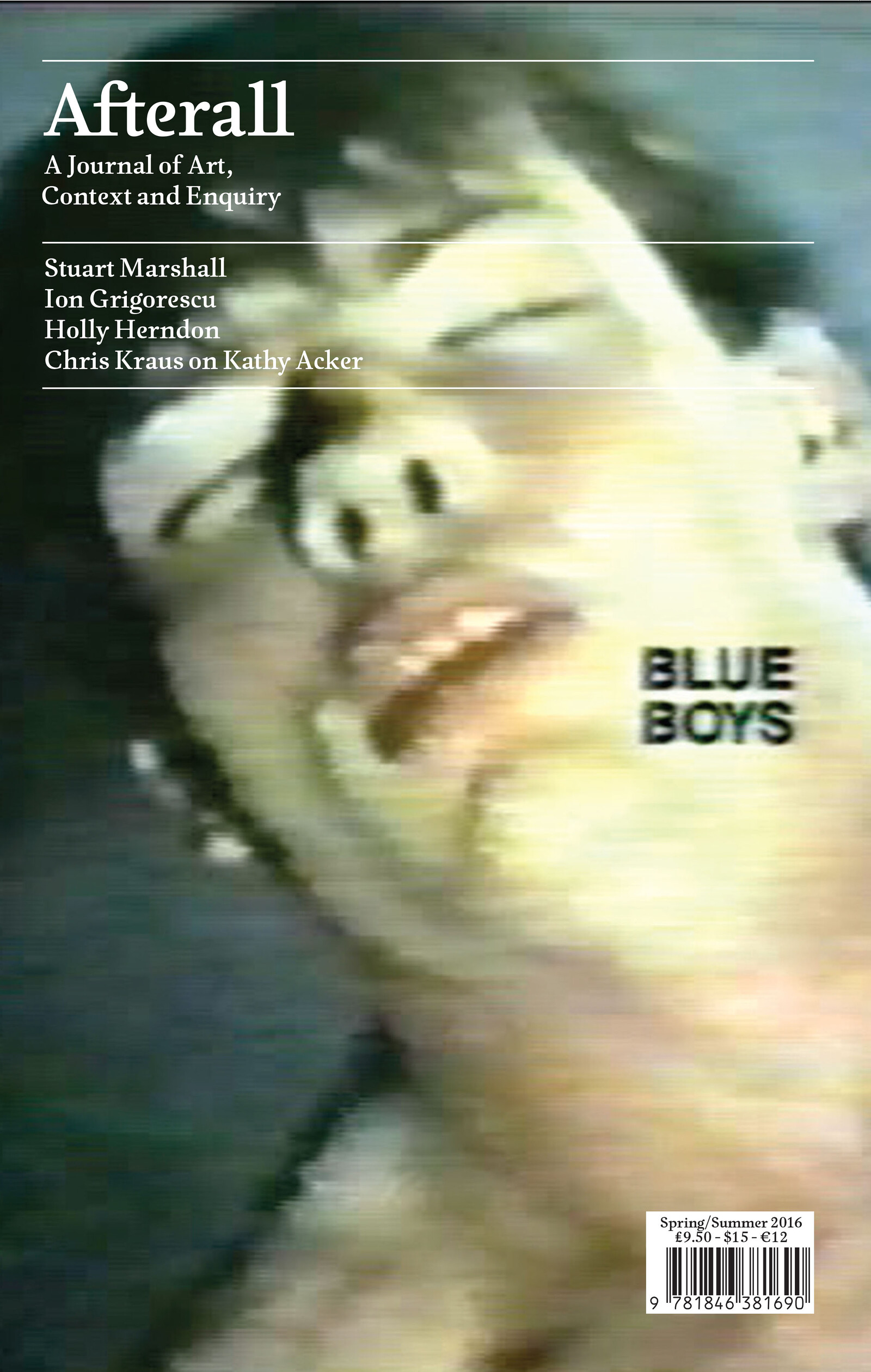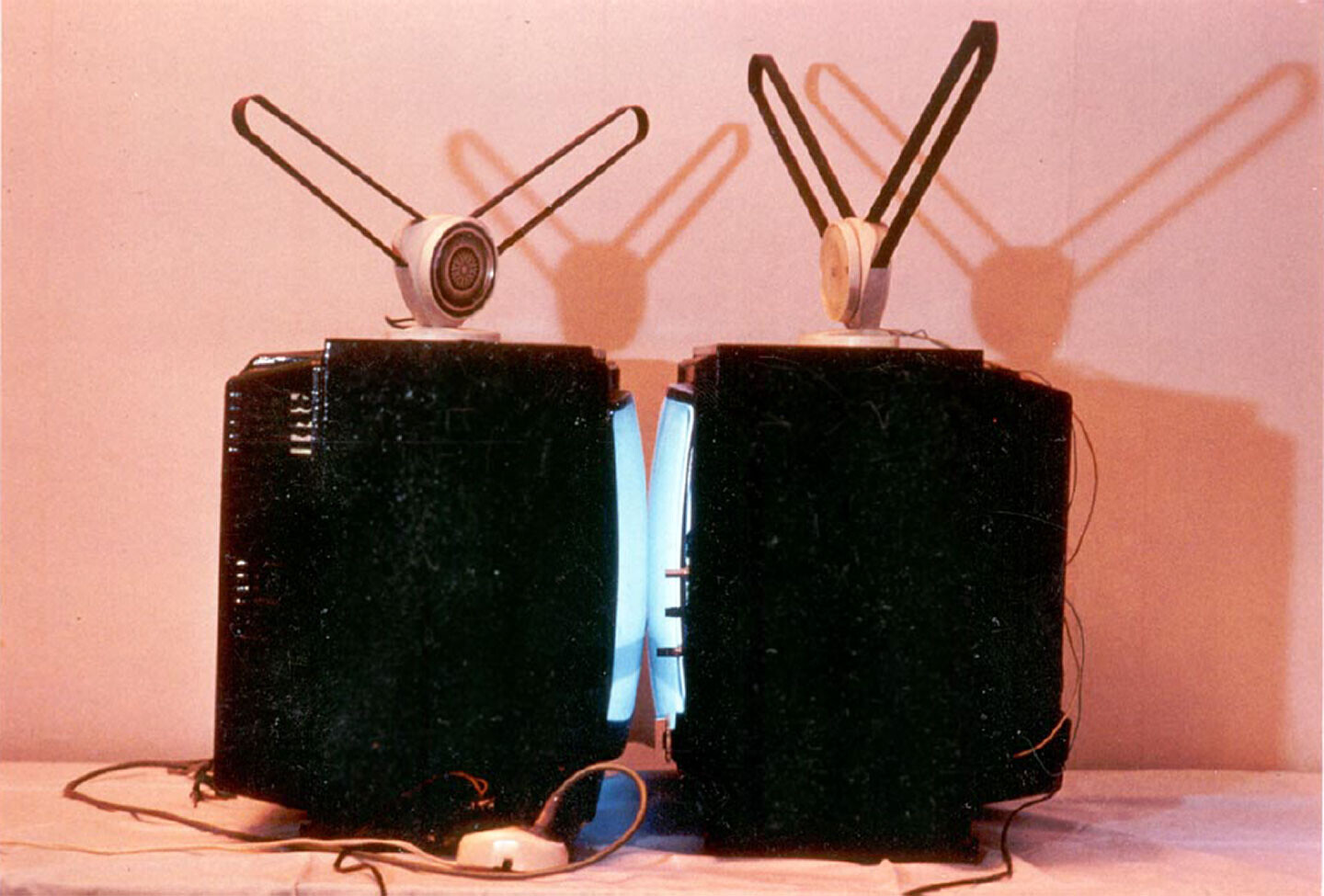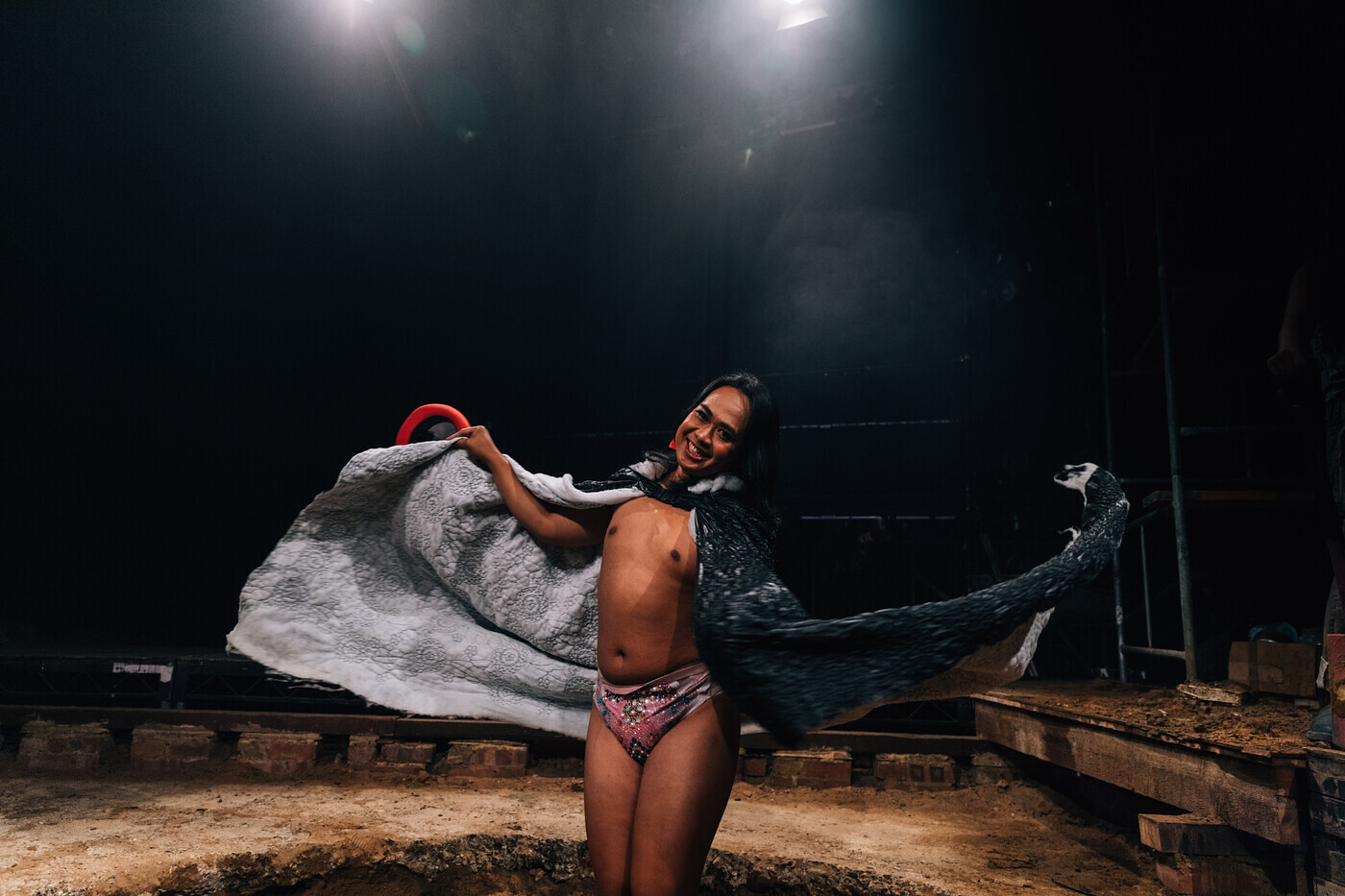David Morris Read Bio Collapse
David Morris is Research Fellow and Editor at Afterall Research Centre. His work explores different approaches to artistic research, education, and exhibition, with a focus on experimental and collective practice. His publications include Schizo-Culture: The Event, The Book (with Sylvère Lotringer; Semiotext(e)/The MIT Press, 2014); Artist-to-Artist: Independent Art Festivals in Chiang Mai 1992–98 (with David Teh; Afterall Books, 2018); and Art and Its Worlds: Exhibitions, Institutions and Art Becoming Public (with Bo Choy, Charles Esche, and Lucy Steeds; Afterall Books, 2021). With Helena Vilalta he leads a research master’s program in Exhibition Studies at Central Saint Martins, University of the Arts London, where he is also a trade union organizer.
Artists for Democracy’s commitment to the experimental took many forms. In artistic terms, it formed an uneasy alliance with various “traditional,” “folk,” or “popular” forms. This can be understood as a pragmatic extension of Artists for Democracy’s “broad front” politics, to be as inclusive as possible with respect to artists and audiences, but it can be also understood in terms of aesthetic strategy.
The story of AFD may serve as a reminder of alternative, pre-identitarian political sensibilities. This can be seen, for instance, in the group’s ready expression of common cause with peoples across vast cultural, geographic, and geopolitical differences, or in the way their Whitfield Street squat was a “queer” space without ever considering itself as such. Such an approach to organizing a space or collective points to a politics grounded in relationships within and across difference, and an understanding that individualized identities can function as barriers rather than a basis for solidarity.
A grouping of artists and artist groups, an apartment-exhibition space, a sequence of shows in an apartment and outdoors, a movement and a collective project, APTART’s actions were described by its participants as “working expositions,” “anti-shows,” “exhibition-nonexhibitions,” or—following the Socialist Realist dictum that art must be nationalist in form and socialist in content—as “apartment art” by “nationality.” The name is a contraction of “apartment art,” as well as a play on the Russian APT, meaning ART: a kind of stutter, “ART ART,” a repetition of “ART” across Russian and English.
Ashley Culver
